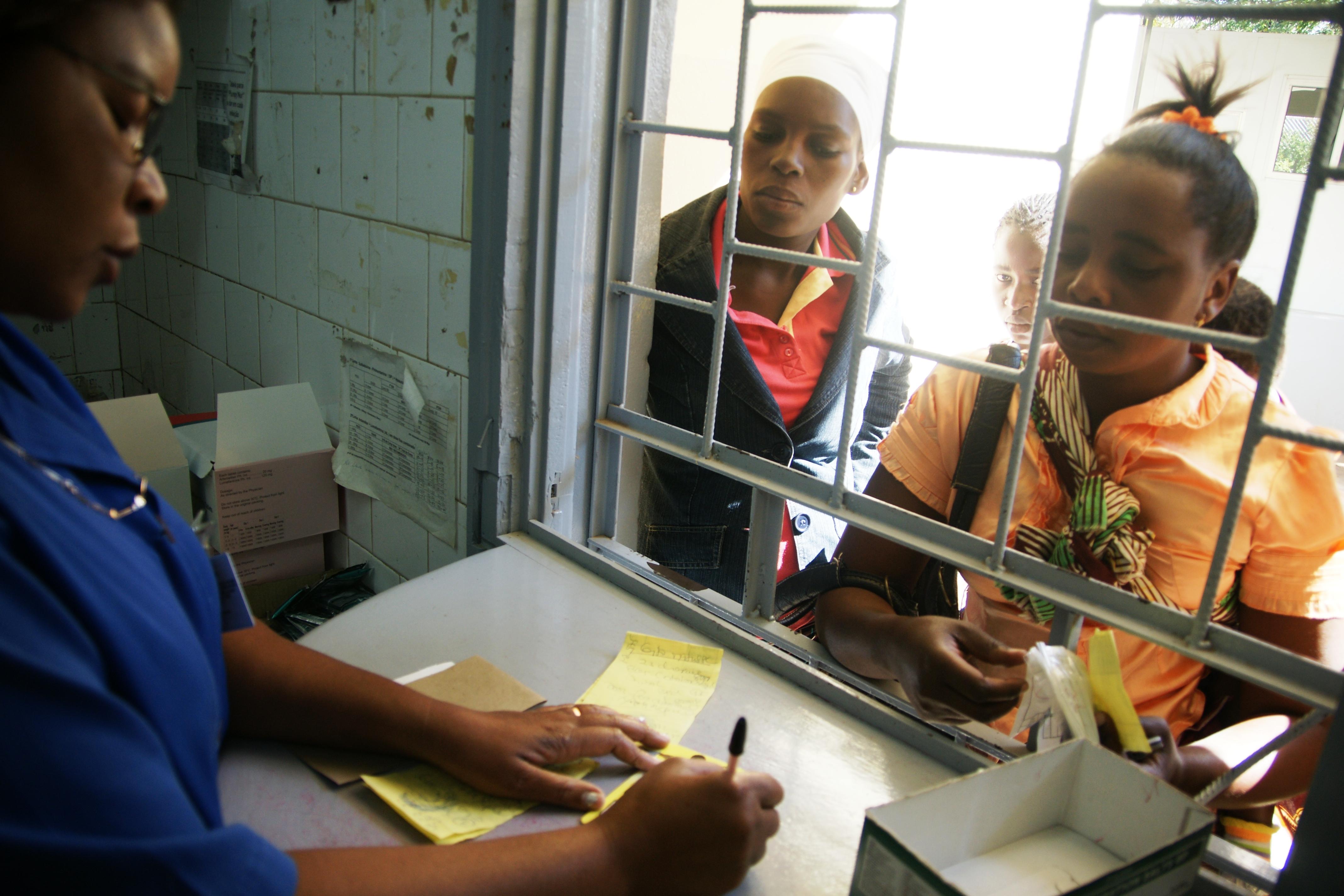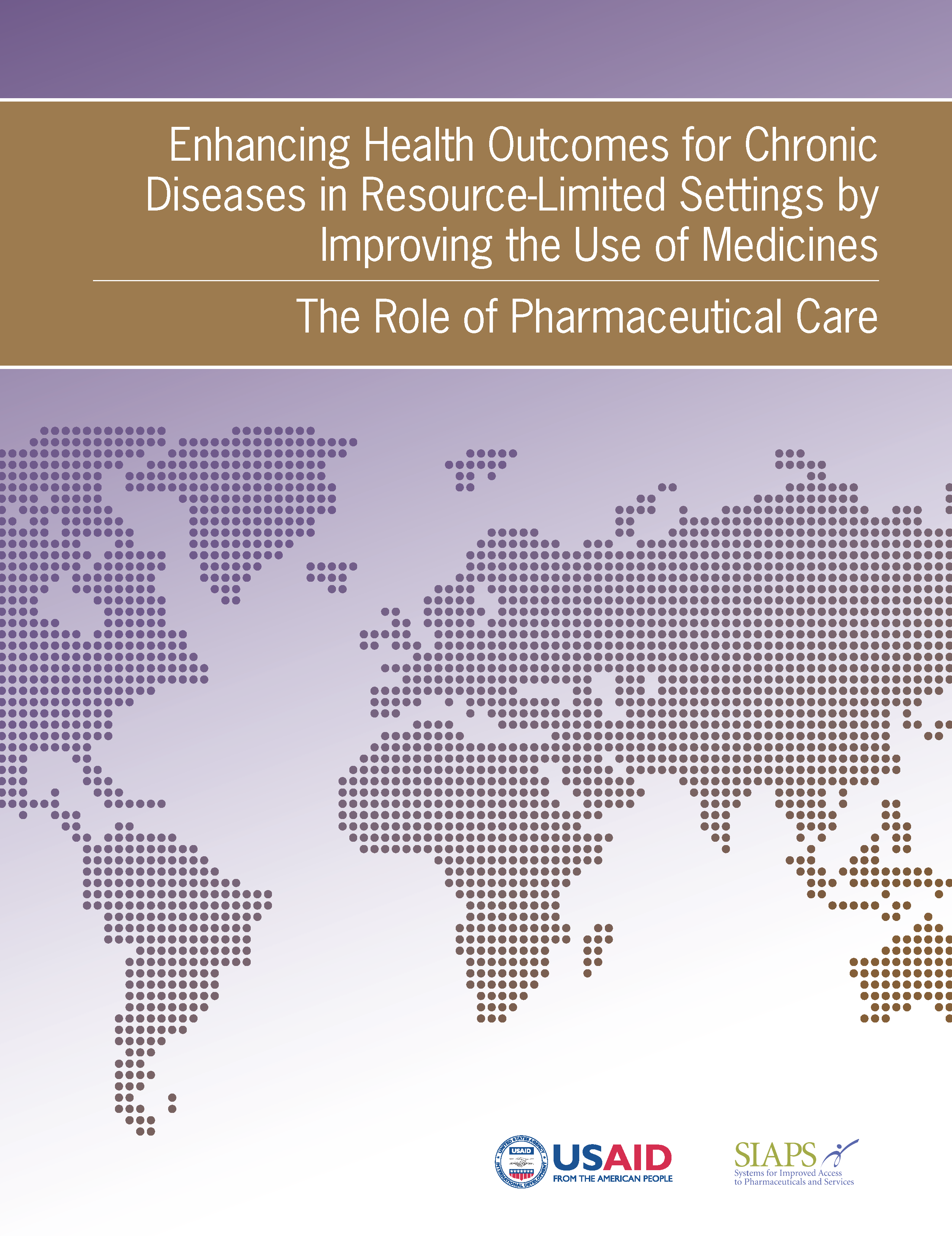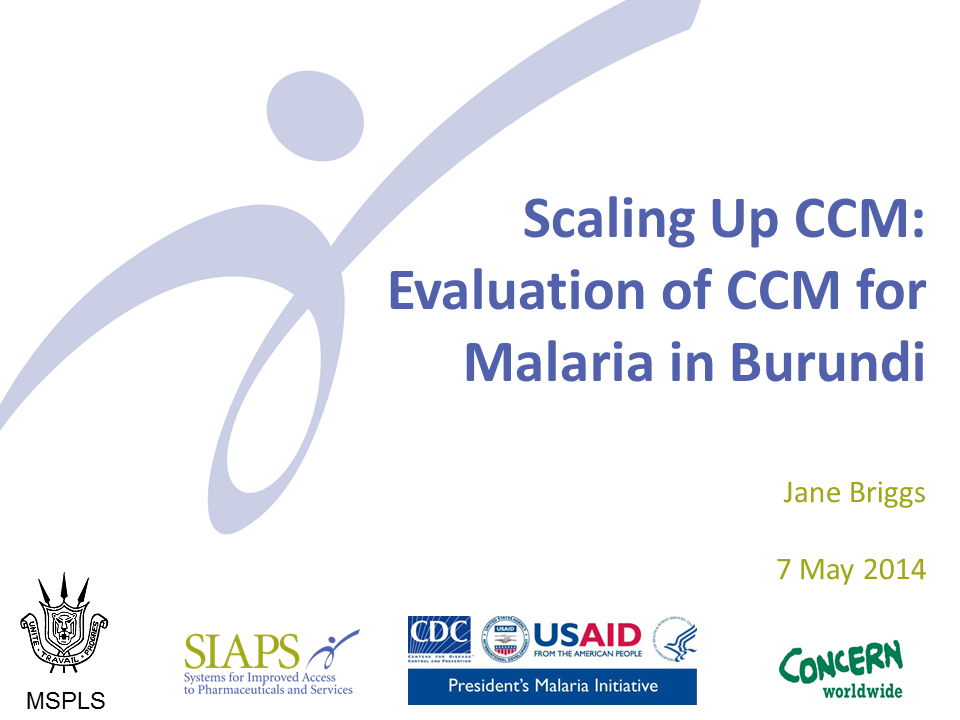SIAPS Program in DRC Hosts MSH Vice President
MSH Vice President of the Center for Pharmaceutical Management (CPM), Douglas Keene, traveled to DRC last month to meet with SIAPS Country Project Director Philippe Tshiteta and important stakeholders in the country’s health sector. Mr. Keene and Mr. Tshiteta held a consultation with the Country Representative of the World Health Organization, Dr. Joseph Cabore. Dr.Cabore … Read more





